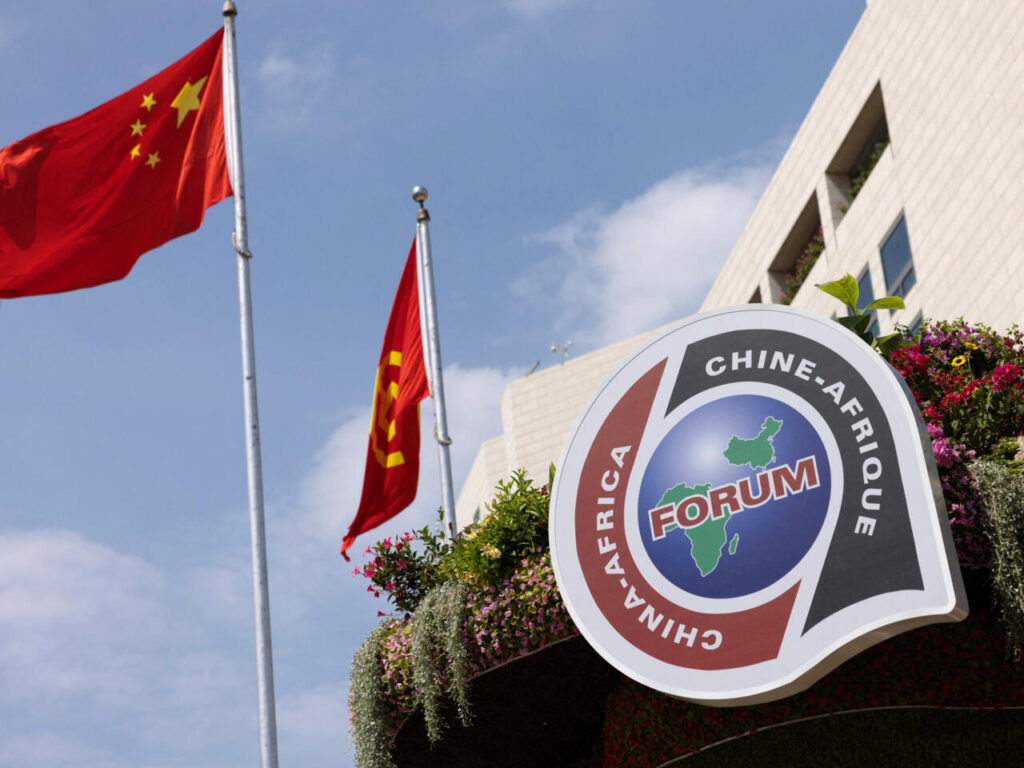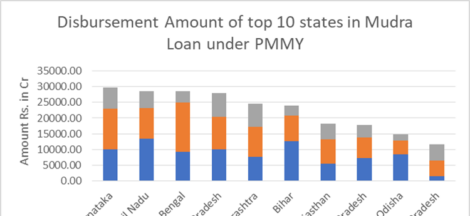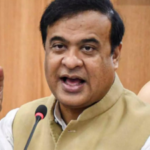By Satyaki Chakraborty
China intensified its efforts to influence the political diplomacy of the 53 African nations in the three day summit of China-Africa Cooperation which began in Beijing on September 4. This is the ninth summit but it has special significance since it is being attended by the largest number of state heads since its beginning. The Chinese foreign ministry said the Beijing summit is the largest diplomatic event the country had hosted in recent years and China will never waver in its determination to pursue greater solidarity and cooperation with Africa.
China has been proactive in the African continent in improving relations with the African nations ever since Xi Jinping took over as the President and supreme leader of the nation in 2012. In the last twelve years, China has used its status as the second biggest economic power of the world to assist the African nations in financial terms as also channelizing investment for the setting up of new industries including some in high tech areas.
Though in the recent years, some studies have shown that Chinese assistance have led some African nations to debt trap, Chinese officials have by now managed the situation by offering some concessions in their earlier loan agreements. The fact is that there is no competitor to China in the African continent in terms of extending assistance to the low income countries of the region. India has expanded its economic assistance to the African nations in recent period but its kitty is inadequate to give any competition to China. As a result, China is expanding its influence on both political and economic diplomacy of these nations.
The summit has been held every three years since 2000 and the latest one is the ninth such meeting. China’s successful Belt and Road Initiative, a massive infrastructure project to support the development of the global South, is the focal point of this year’s talks, whose theme is Joining Hands to Advance Modernisation and Build a High-Level China-Africa Community with a Shared Future.
President Xi Jinping in his welcome address on Wednesday underlined on this joining of hands focus and emphasized how China will go out the wholehog in helping the modernization process of the African nations. Xi also held bilateral talks with a number of country heads including those from South Africa, Congo, Nigeria, Kenya, Togo, Mali, Comoros and Djibouti. The Chinese President plans to have bilateral talks with all the country heads during the summit.
Chinese government and the media have given big focus on the summit proceedings. On the first day itself Mr. Xi witnessed the signing of a memorandum of understanding on refurbishing the 1156 mile Tanzania-Zambia railway line in the presence of the presidents of both the countries. Many more such agreements are expected to be signed during the summit vindicating the claim of China that the country is now the unmatched economic partner of the global south.
China experts point out that the China-Africa cooperation forum has become the most important event on the African international relations calendar. More African leaders attend these summits than the United Nations general assembly. Data shows that the forum attracts 40 to 60 African heads of state and government, far more than any other regular summit with a single country. The US-Africa Leaders Summit in December 2022 saw participation by 45 heads of state and government and 49 countries, but it is far less frequent. The previous one was in 2014.
Although the EU, France, South Korea and the US are important to the African continent, they do not have the same determination that China has. China nurses the ambition of becoming the biggest power surpassing USA. In terms of influence… It uses the aid and investment with the sole aim of expanding its area of influence in the continent. The US business houses are not interested in a big manner as they are more concerned with profits. India has ambition and capability to help the African nations, but its efforts are limited. This situation has given China the big advantage in African continent in influencing politics through economic aid.
However, there is some ambiguity about the amount of aid disbursed by China to the African nations. A figure of US$60 billion is mentioned for a three year period. There is no year wise disbursement figure released by China while African nations have no separate data on this.
Studies however mention that Chinese companies have cooperated with African governments in constructing railways, airports, harbours, bridges, and information and communication technology infrastructure. These, however, are the products of bilateral engagement between China and individual African countries, as they pursue their own foreign policies, more than any collective African strategy. The piecemeal engagement leads to greater bargaining power for the Chinese side.
Studies also show that the gains from bilateral deals largely go to China: the equipment, high-level personnel and technical experts come from China. There has been little to no technology and skills transfer from China to Africa. The local populations mainly participate in labour work and government relations in the projects..African countries generally have not carried any detailed cost benefit study of the projects. set up with Chinese collaboration.
The result of a lack of a combined African strategy and absence of thorough analysis of aid usage is the imbalanced terms of trade between China and African countries. This is seen most notably in the trade surplus that China enjoys: It is estimated at US$64.1 billion as of 2023 and still seemingly growing (having been at US$46 billion the previous year and US$42 billion in 2021). This big hike in trade surplus in favour of China in China-Africa trade poses a serious threat to the balance of payments position of these African countries. This is termed as debt trap.
The issue may come up for discussion at the summit but sources say that it will be discussed in a friendly manner and so far there is no indication of any anger from any African nation on this. Xi Jinping is intelligent enough to deal with the situation. He is expected to give some sops to the African nations to lead the ninth summit to a new level of economic relationship between China and Africa. (IPA Service)




 Assam Chief Minister Himanta Biswa Sarma Has Crossed All Limits Of Muslim Bashing
Assam Chief Minister Himanta Biswa Sarma Has Crossed All Limits Of Muslim Bashing 